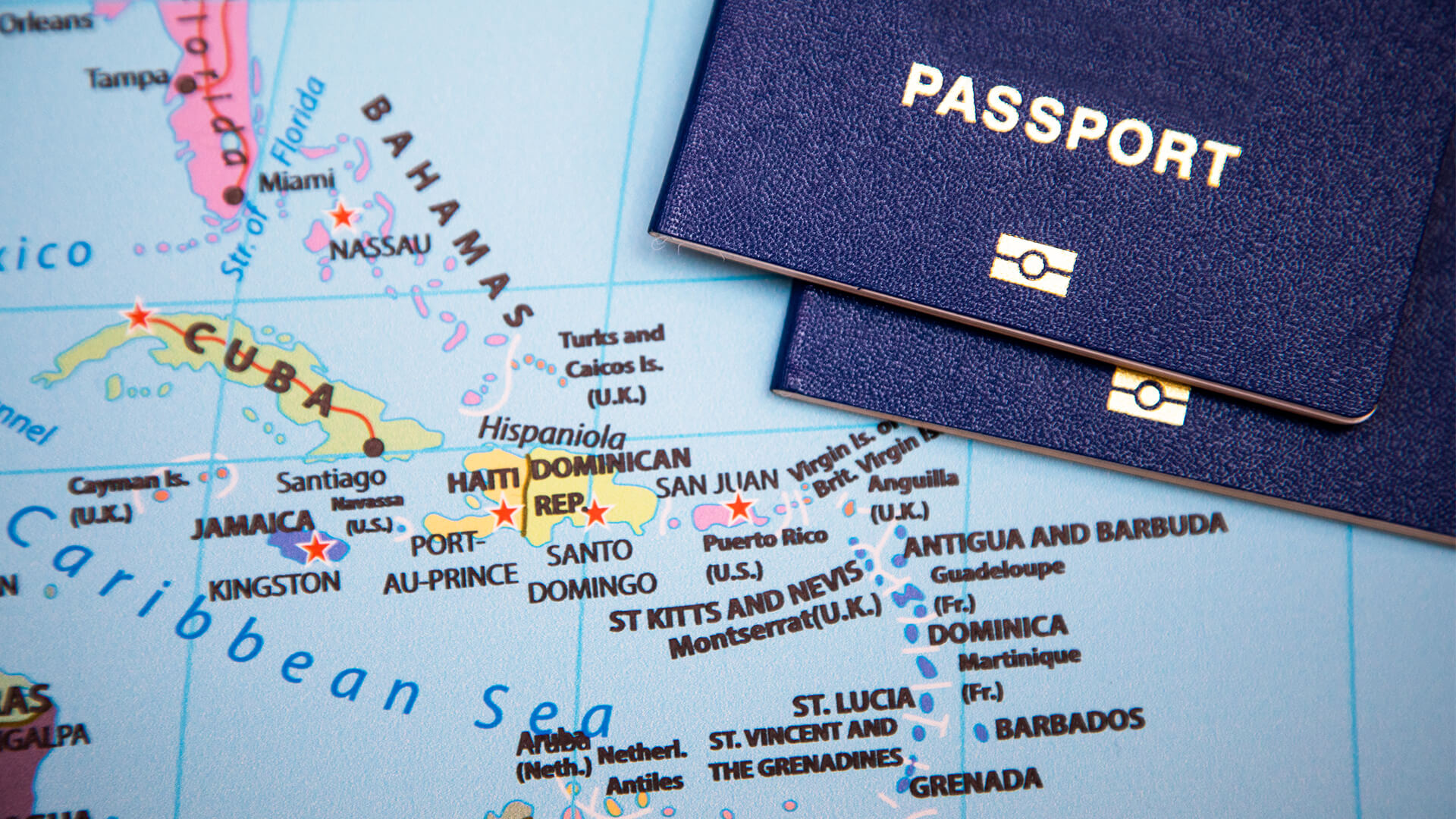Should CEOs Invest in Second Citizenship?
Citizenship by investment is a big business now. The citizenship concept is a fluid one, now more than ever. Going back 50 years, you’ll read how unusual it was for countries to offer a second passport to foreign citizens. Nowadays, dual citizenship is universal…well almost.
According to the Swiss layer, Christian Kalin, citizenship by investment is a global industry worth around 20 billion dollars annually. It’s a rapidly growing market that helps wealthy individuals to expand their businesses overseas and get visa-free travel opportunities.
But do CEOs need to invest in second citizenship to facilitate the process of business expansion? Or conquering new ventures? Read along to learn the benefits of second citizenship and why CEOs should pursue it.
Why Should You Obtain a Second Passport?
Things weren’t always bright for investors when it came to citizenship since the traditional inheritance of the above-mentioned is already outdated. It’s one of the few things globally that’s tied to a bloodline or the place you’re born.
The citizenship by investment programs have allowed citizens a different type of commodity that also provides the biggest source of governments’ revenues. For example, Vanuatu has seen a great interest in the second citizenship trend.
Many wealthy individuals invest in the country’s economy and enjoy the benefits that come with dual citizenship. The Vanuatu citizenship scheme is vital for making money and boosting the country’s economy.
There are many reasons why you should apply for a second passport. From living abroad in a more stable country to securing a better future for your family in terms of security, education, healthcare, and lifestyle.
How Much Does It Cost?
The application process is different in each country and it depends solely on the country’s laws and regulations. For example, obtaining a passport from Antigua and Barbuda will cost you a minimum of $100,000. St. Kitts and Nevis passport has minimal costs of $150,000 and above, while Portugal starts from $384,000.
The Benefits
Business people and entrepreneurs need to travel frequently. They need a passport that has visa-free traveling options worldwide so they can do business overseas. Not all countries have such conditions and most of them impose investment, tax, and business restrictions. Thus, many citizens, especially business owners and CEOs, decide to pursue a second passport and facilitate their traveling abroad.
Many countries welcome foreigners to hold dual nationality, however, they need to invest a certain amount in return. The benefits of holding a second passport include tax optimization, greater access to potential customers and market expansion, visa-free traveling, financial benefits, and a safer environment.
Tax Optimization
Dual citizenship can have multiple tax benefits, such as no taxes on capital gains, inheritance, wealth, or income generated abroad. Nevertheless, this will depend mainly on the country you originate from and the country of the second citizenship.
Countries like the Caribbean, for example, offer many affordable solutions and lower tax rates compared to the rest of the world. Becoming a dual citizen allows for greater tax efficiency and tax optimization.
Financial Benefits
Why would CEOs invest in a second passport if they don’t have additional financial benefits? The second passport not only enables commercial access to the country but can open investment opportunities as well.
Bear in mind that some countries do not accept foreign investments, however, this rule applies only to certain countries. Moreover, if you are a crypto investor and you trade, sell or hold a variety of cryptocurrencies, you can have the assets protected from market devaluation. Additionally, there’s no tax on crypto gains!
Access to Business Opportunities
The main advantage when owning a second passport is the significant access to new business opportunities, a chance for global expansion, and outreach to new customers. This means, not only can you do business in the country, but also trade with countries that the second passport gives you access to. It’s the perfect getaway to the business world and its endless opportunities.
Travel Without a Visa
Another common benefit for dual nationals is the option to travel freely and increase the global mobility options. A second passport allows you to travel to more countries than your homeland passport allows you to.
For example, the Dominican passport allows its citizens to travel visa-free to more than 120 countries, while the passport of Portugal gets you access to more than 175 countries. The Maltese passport facilitates the visa traveling process and enables its citizens to travel to more than 166 countries.
Get Your Passport Now!
There’s plenty to discuss yet, but we’ve covered the most important information on whether CEOs should invest in a second citizenship. The answer will always be yes, so before starting the application process, make sure you are well-informed and guided by an authorized entity.







